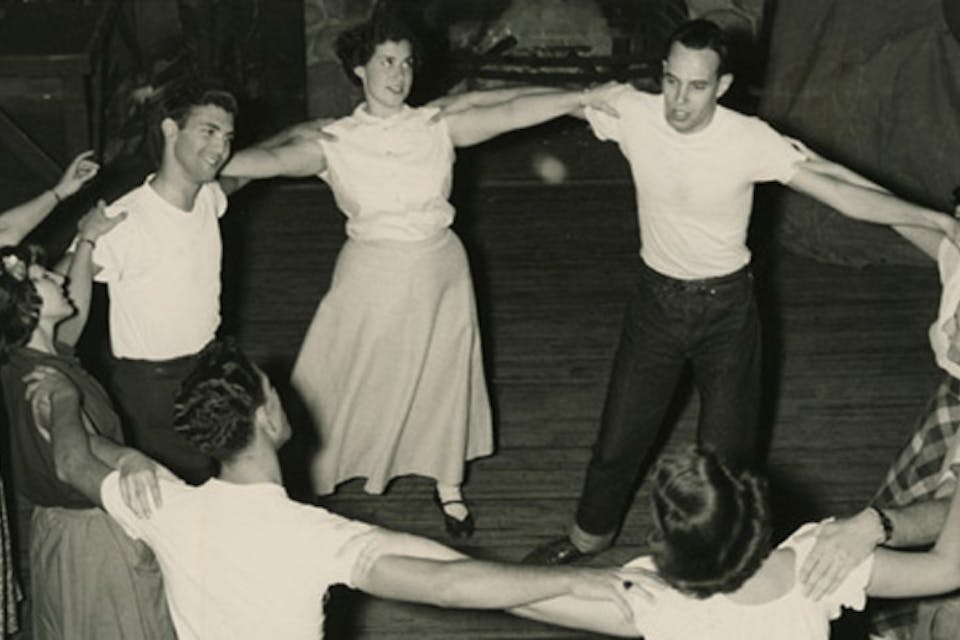
October 1, 2014
The Future of US Jewry
American Jews are "secure" but lack "self-confidence.” So Irving Kristol wrote in 1991. Right then; right now?
This week in Mosaic we are celebrating the release of our new ebook On Jews and Judaism, a collection of Irving Kristol’s essential writings on the Jews. “The Future of American Jewry” was originally published in Commentary in August 1991.
For no other American ethnic group has the immigrant experience, including the experience of “Americanization,” remained so vivid as for the Jews. Neither the Irish, the Italians, nor the Germans have produced a literature about this experience that is in any way comparable, in sheer bulk as in literary scope and scholarly depth. It is almost a century since the majority of Jews arrived on these shores, but the memories remain fresh—memories of economic hardship and economic success; of acculturation, assimilation, and the accompanying generational tensions; of triumphs and disappointments—sending your children to the nation’s best universities and then watching them marry non-Jews.
Even in Israel, where immigration is so much more recent and the experience so much more traumatic, the past does not seem to be so present, so alive, so much in need of constant attention. The reason, of course, is that Jews in Israel feel that what immigration has done is to bring them “home.” They do not doubt that they are where they ought to be, that the immigration experience is a narrative that comes to a proper—perhaps even a predestined—ending. American Jews have no such sense of an ending. For them, the immigration experience continues, and it continues because they cannot decide whether or not America is “home.” They think that it is wonderful to be here, have no intention whatsoever of leaving for Israel or anywhere else, foresee their children and grandchildren and great-grandchildren as Americans—but somehow the idea of America as their “homeland” is one they find too slippery to cope with.